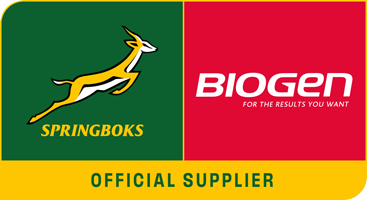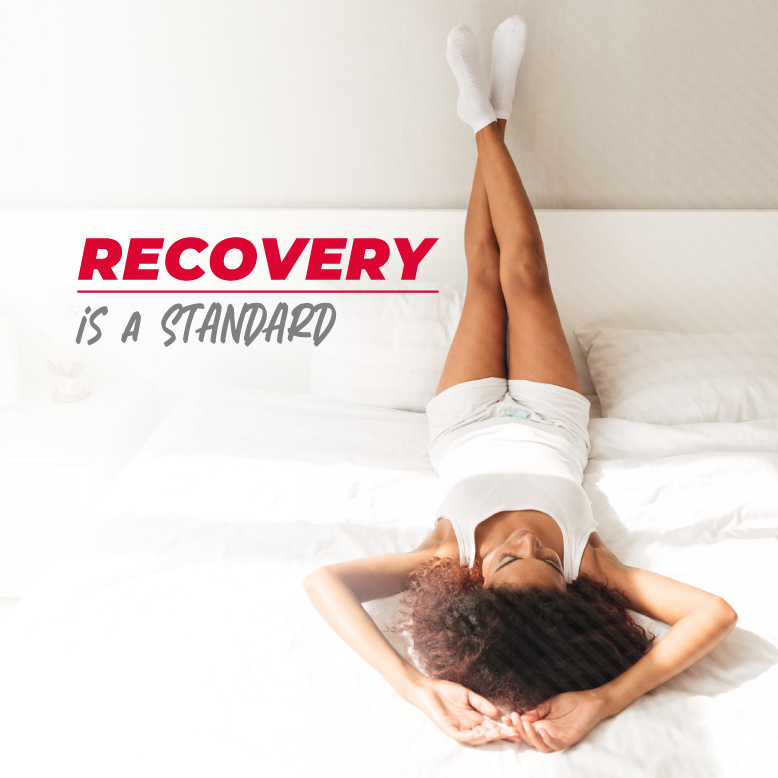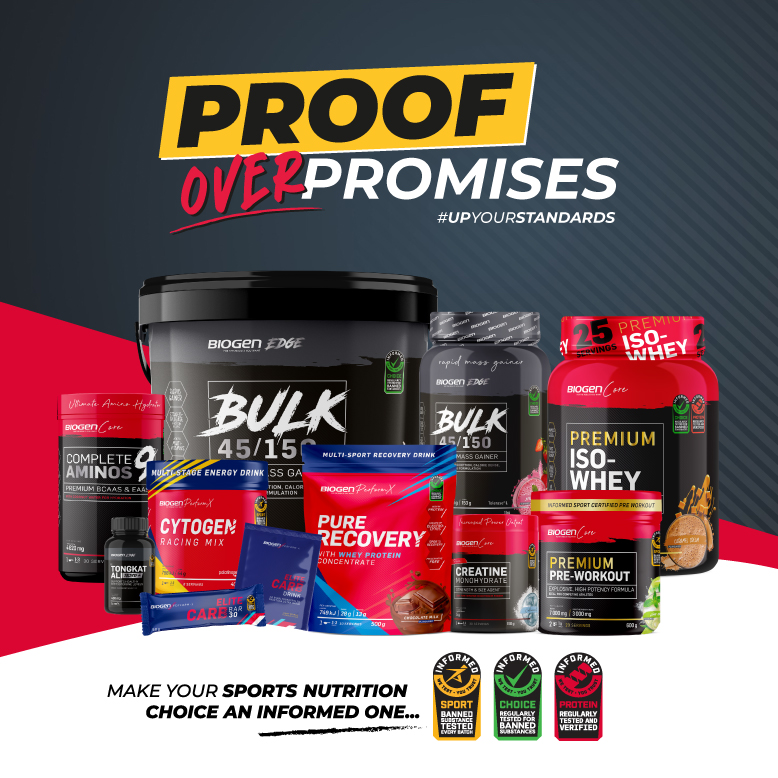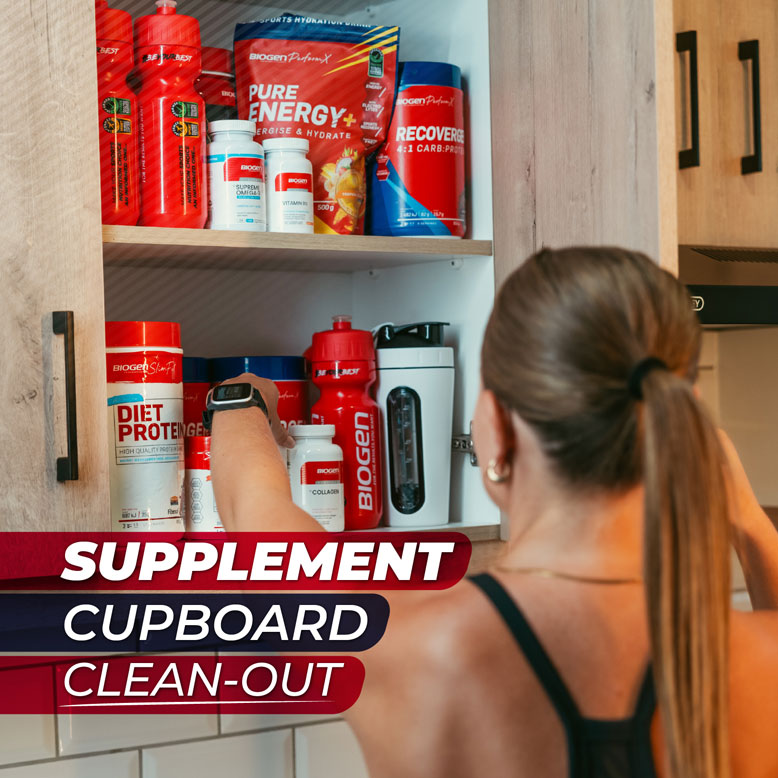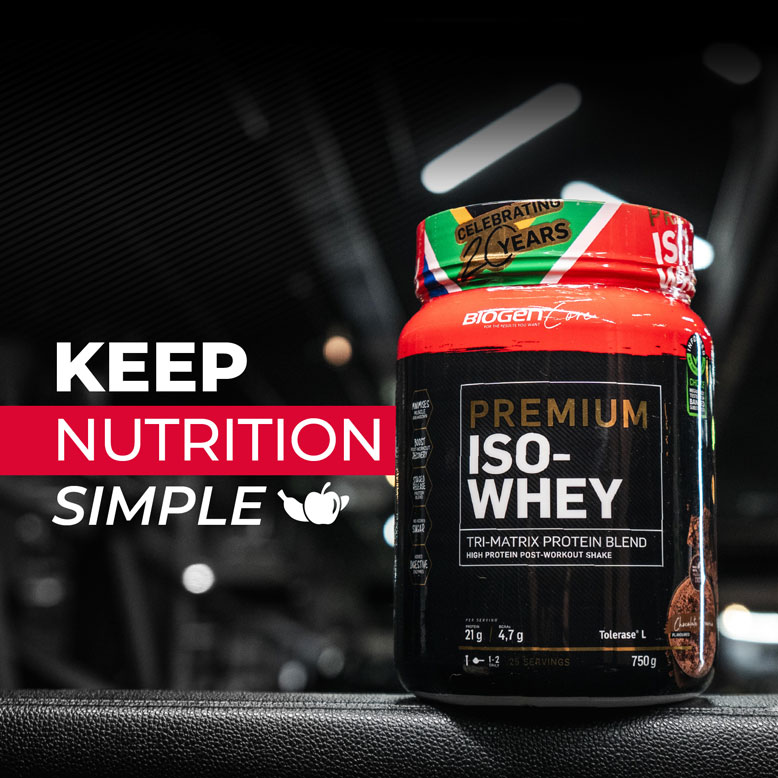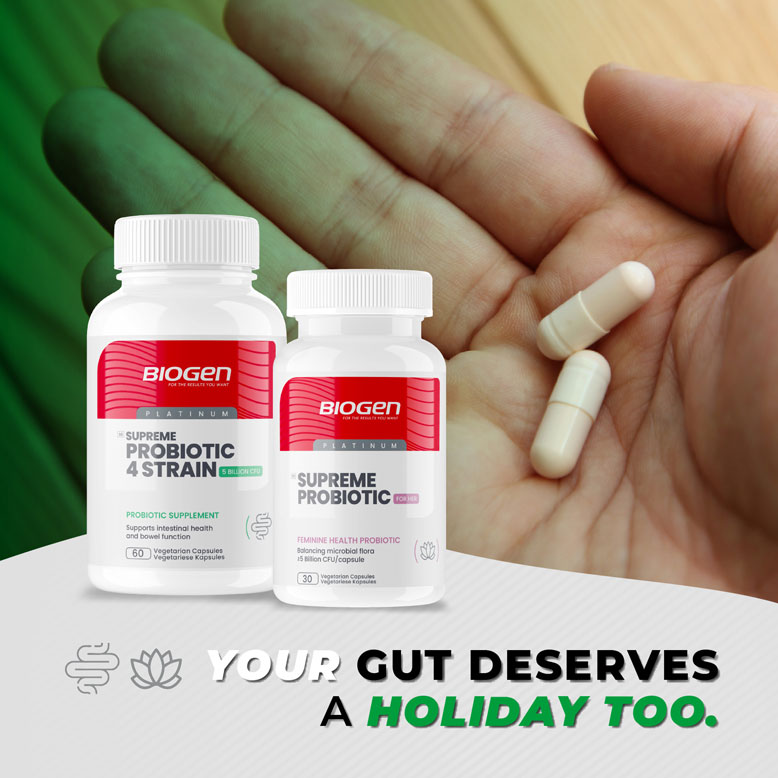What you eat and drink from one training session to another has a very significant impact on your nutritional recovery.
Consuming the total amounts of carbohydrates, protein and fat that you require for your 24 hour recovery is essential. But for up to 4 to 6 hours after moderate to hard training, you can make the most of your nutritional recovery because the rate at which you can replace muscle fuel, specifically muscle glycogen, is accelerated at that time.
Making the most of this accelerated recovery window is especially important when you need to train again in less than 24 hours. Paying attention to recovery nutrition in the hours after training can also improve rehydration efforts.
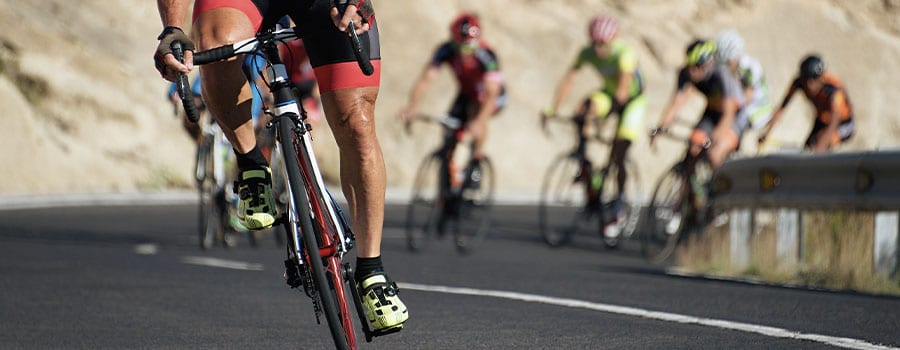
Carbohydrates and recovery
Carbohydrate intake should be a primary consideration immediately after exercise. Delaying CH intake by even two hours can slow down the replenishment process. Both liquid and solid CH are adequate for refuelling. However, high GI CH foods like sports nutrition supplements and breads and cereals, may enhance glycogen re-synthesis. CH should be taken immediately after exercise and be consumed again 2 hours later. For the rest of the day, CH can be consumed as a series of snacks or a few larger meals, depending on your training schedule. Eating a balanced mix of low- and high GI CH’s throughout the day will support the glycogen recovery process. For your ultimate recovery partner, check out our Biogen Recovergen here.
Protein and recovery
Studies where researchers provided the same amount of calories when comparing a carbohydrate-only dose to a carbohydrate-and-protein combination dose indicate that Ch alone can be used for optimal recovery. What is certain is that having protein contributes about one fourth of your recovery snack will not compromise muscle glycogen recovery. Consuming protein immediately after exercise may in fact speed up the repair of muscle tissue and provide important nutrients for the immune system. 10 to 20g of high quality protein is more than adequate for your immediate protein intake. Check out some of our Protein options here.
Fluids and recovery
Rehydration is top priority after training. The goal is to fully restore fluid losses from one training session to the next. The guideline is to consume 720 ml of fluid for every 0.5 kg lost during training. This is sufficient to replace both sweat and urine losses. Check the colour of your urine to evaluate the hydration efforts. Biogen offers a ready-to-drink format ‘ElectroLITE’ product, free of sugar and artificial colourants. Check it out here.
Sodium and recovery
Sodium may not only stimulate the drive to drink but can also enhance the rehydration process. Sweating results in large fluid losses and relatively small sodium losses. When you finish exercise, the blood volume and total body water are reduced, but there is a mild increase in blood concentration and its sodium content. Consuming large amounts of plain water after exercise dilutes the blood before the full blood volume is restored. This shuts down the thirst mechanism and you will urinate to bring the concentration of the blood to a normal level. The end result is the production of a large amount of diluted urine before being fully hydrated. This negative effect can be offset by consuming some sodium after exercise. More fluid will be retained and better hydration will be achieved. The guideline is, for exercise greater than 90 minutes; consume 250 mg sodium with rehydration. See below sodium content in Biogen Perform-X products:

